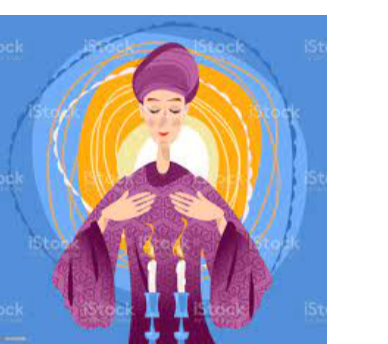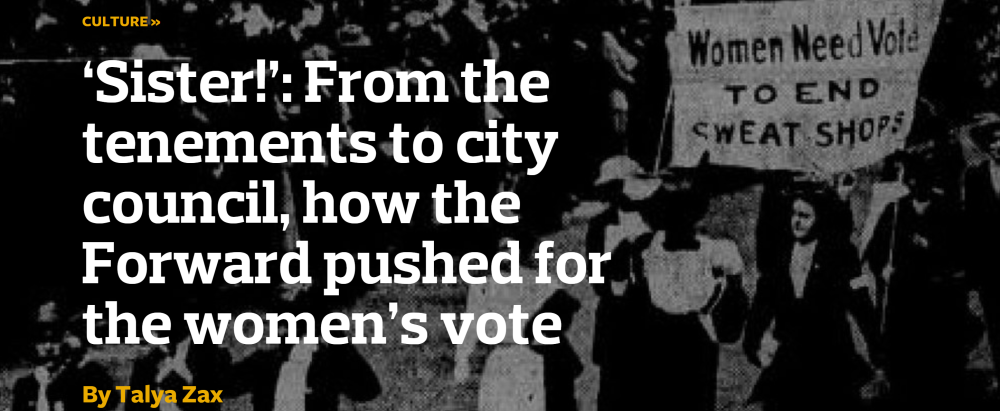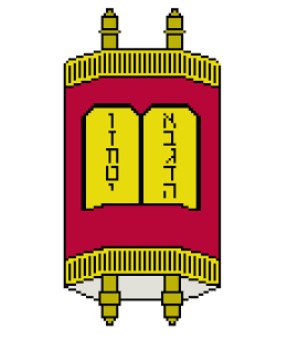Annual Community Passover Seder

Save the Date! Wednesday, April 5 Manix RestaurantOcampo 57, Ajijic Lake Chapala Jewish Congregation to hold Annual Community Passover Seder Check in starts at 5pm with the Seder beginning promptly at 6pm Reservations must be made and paid for no later than Friday, March 22nd. The cost for the Seder is 700 pesos for members and […]
Sundaes on Sunday!

Join us for Sundaes on Sunday! September 4, 2022. Renew your membership and make sundaes!
Friday Night Service

Friday night service and potluck 6PM Live and Zoom Facilitated by Jim Waldmann Please bring parve food and drink to share To join us on Zoom: https://us02web.zoom.us/j/4217418546?pwd=a1dLZ1plWGt2RnhFU2ZUUG8wUXVhdz09 Personal Meeting ID: 421 741 8546 Personal Room Passcode: 9VUQ5q
Welcoming Shabbat

We invite all congregants to join us on Zoom Friday night at 7PM Shabbat.
To join us on Zoom:
https://us04web.zoom.us/j/72842335826?pwd=dXFMWmowYU5Uc2lwTnIwOTdhT2h1UT09
Meeting Room
728 4233 5826
Password
ZoomRoom
Led by Maureen Sullivan mopo@comcast.net
LCJC Gift Shop

We can’t go to the gift shop, so we will bring the gift shop to you! We hope you enjoy perusing the beautiful pieces. If you want to see them up close and personal, email Susana Greenberg at wyldspirit@gmail.com and she will meet you at the shul with all the social distancing rules in place. Please note: […]
Saturday Morning Service & Discussion

David Rosett is inviting you to a scheduled Zoom meeting. Topic: Saturday Morning Service Time: Nov 7, 2020 10:00 AM Mexico City Join Zoom Meeting https://us02web.zoom.us/j/85085174466 or Meeting ID: 850 8517 4466
Sister! Forward’s Push for Women’s Vote

This newsletter is part of a special series exploring election coverage throughout The Forward’s 123-year history, written by deputy culture editor Talya Zax with reporting by archivist Chana Pollack. Click here to read it in a browser and share on social media, and find earlier installments here. October, 1918: As the Spanish Flu pandemic ravaged the United States and the midterm […]
Comedy and Cocktails

Join comedians, celebrities, politicians and your favorite Forward journalists as we gather on screen for a light-hearted evening in these uncertain times. Emcee, Jessica Kirson will keep us laughing through the night as we hear from Mayim Bialik, actress and activist; Miri Ben-Ari, grammy award-winning violinist; Michael Bloomberg, 108th mayor of New York City; Yisrael Campbell, comedian; Craig Newmark, founder […]
Simchat Torah service 7PM

October 11 Sunday Simchat Torah service 7PM David Rosett is inviting you to a scheduled Zoom meeting. Topic: Simchat Torah Come and join us to celebrate another year of Torah! Time: Oct 11, 2020 07:00 PM Mexico City Join Zoom Meeting https://us02web.zoom.us/j/89598567904 or Meeting ID: 895 9856 7904
Saturday Morning Service

Saturday ServiceMay 20 at 10AM LIVE and ZOOMFacilitated by Rabbi Phil To join us on Zoom: https://us02web.zoom.us/j/4217418546?pwd=a1dLZ1plWGt2RnhFU2ZUUG8wUXVhdz09 Personal Meeting ID: 421 741 8546Personal Room Passcode: 9VUQ5q